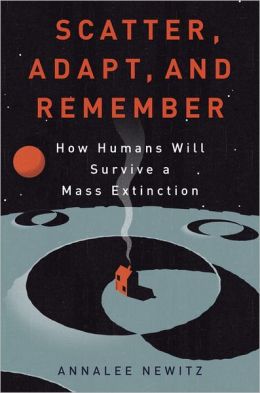 I've written before
I've written before about
The Whole Earth Catalog and how it changed my world. It gave me, as the subtitle promised, "access to tools and ideas."
I cannot underestimate how much its creator, Stewart Brand, has enriched my life and changed it and me for the better, through the Catalog and his other projects and ideas. I still have copies of all the editions (except for the first) and I have given many away to friends I thought would benefit from its wisdom.
Now comes support and confirmation from a new generation. Below are some
quotes from an article by
Carole Cadwalladr in
The Guardian.
"Stewart Brand didn't just happen to be around when the personal computer came into being; he's the one who put "personal" and "computer" together in the same sentence and introduced the concept to the world. He wasn't just a member of the world's first open online community, the Well; he co-founded it."
"For nearly five decades, Stewart Brand has been hanging around the cutting edge of whatever is the most cutting thing of the day. Largely because he's discovered it and become fascinated with it long before anyone else has even noticed it but, in retrospect, it does make him seem like the west coast's answer to Zelig, the Woody Allen character who just happens to pop up at key moments in history. Because no one pops up like Stewart Brand pops up, right there, just on the cusp of something momentous."
"He has a sort of genius for being in exactly the right place at exactly the right time."
"It changed the world, says Turner, in much the same way that Google changed the world: it made people visible to each other. And while the computer industry was building systems to link communities of scientists, the Catalog was a 'vernacular technology' that was doing the same thing."
"Stewart was the first one to get it. He was the first person to understand cyberspace. He was the one who coined the term personal computer. And he influenced an entire generation, including an entire generation of technologists."
"No one was more influenced, or inspired by, Stewart Brand, than the founder of Apple. And while many credit Jobs with being one of the most creative agents of change in the late 20th century, Jobs credited Brand."
It's a long article and I could go on and on cherry-picking its passages, but I think it's time you go get inspired yourself.
Thanks to
Lloyd Kahn (another person who constantly inspires me and a friend of Brand's) for putting me on to this article.
 Humankind has survived many disasters and several close calls with extinction. How have we done this?
Humankind has survived many disasters and several close calls with extinction. How have we done this?
























